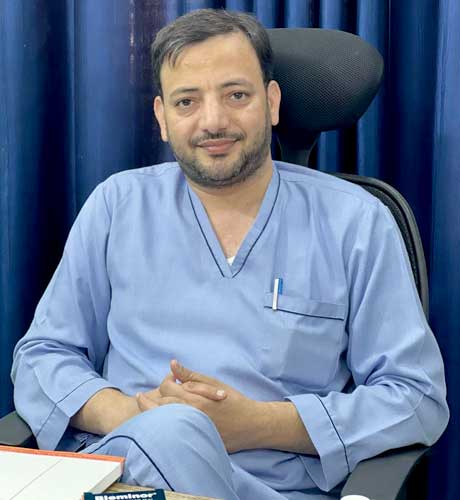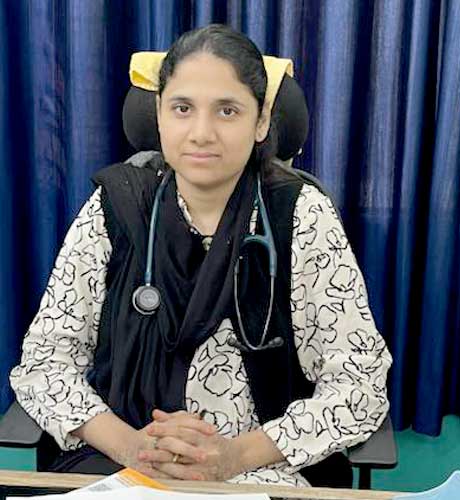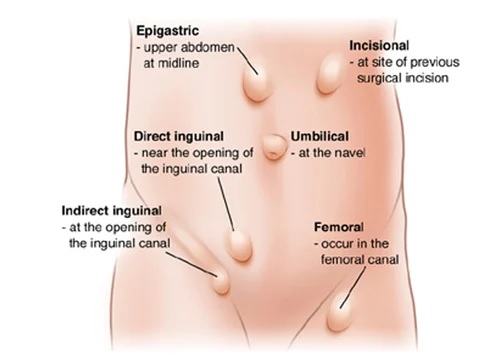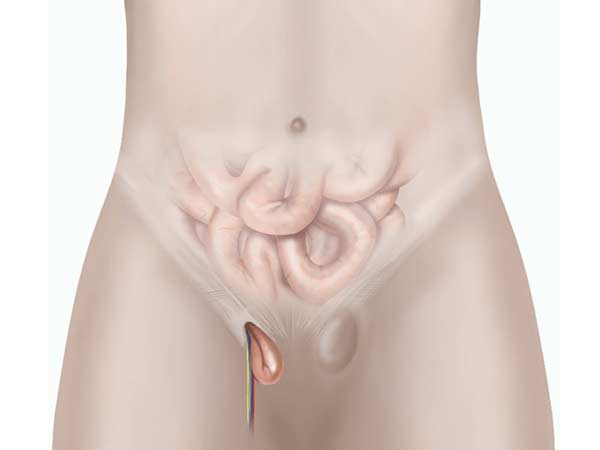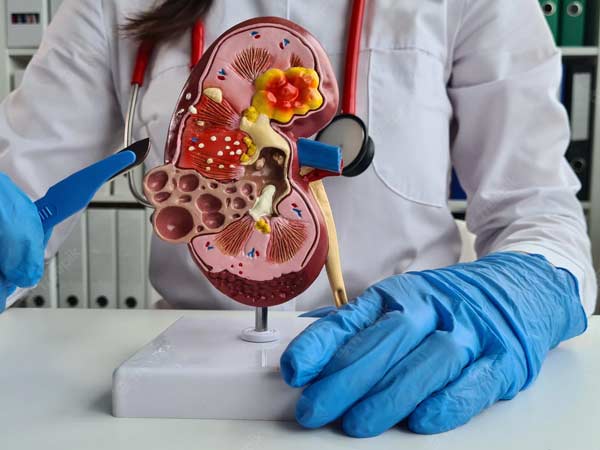What is bariatric surgery?
Bariatric and metabolic surgery with a set of surgical procedures whose objective is the treatment of obesity and associated diseases through alterations in the gastrointestinal tract, together with changes in lifestyle, allows weight loss that is maintained in the long term. . In addition, the remission of multiple metabolic diseases associated with obesity.
Bariatric and metabolic surgery is, without a doubt, the most efficient and safest option to combat obesity, with long-lasting results. In addition, it has become the best option to eliminate or control diseases associated with morbid obesity such as diabetes mellitus, high blood pressure, and dyslipidemia.
It is the ideal intervention for people who suffer from certain physical limitations as a result of obesity. It is applicable to patients with a Body Mass Index (BMI) around 30 points kg/m2.
It is also the solution for patients suffering from type II diabetes mellitus. With the application of any of the bariatric techniques, the patient not only decreases body measurements, but also changes to a better, healthier lifestyle; and as a result, she will feel and look great.
Types of bariatric surgery
There are various types of bariatric procedures, performed with first-class technology in our institution and with a high level of safety, no procedure is better than another, the ideal is to carry out an evaluation with the specialist in order to clarify all your doubts and choose the procedure. most appropriate to meet the needs of the patient. These are the most common types of interventions:
- Gastric bypass
One of the most performed procedures that consists of an alteration of the amount of food ingested and its absorption through a change in the disposition of the gastrointestinal tract, considerably reducing the calories ingested.
To do this, the surgeon cuts the upper part of the stomach, sealing the rest. The result is a bag the size of a walnut with the capacity to hold approximately an ounce of food.
Finally, the small intestine is cut and sewn directly into the new stomach. In this way, when food is ingested, it will pass through this new digestive system.
It is a very safe type of surgery with excellent results, with a fairly high effectiveness rate, which is why it is called the gold standard of bariatric techniques. That is, with gastric bypass you will be satisfied with less food; but these will be absorbed to a lesser extent; thereby achieving substantial and accelerated weight loss.
At the Metropolitan Clinic we perform bariatric procedures similar to those applied in advanced countries
- Gastric sleeve
Also called sleeve gastrectomy, it consists of removing a part of the stomach and leaving only a section in the form of a “long, thin tube”, performed through a stapling system. This surgery reduces the amount of food that the stomach can receive, making the patient feel full with less food.
Removing part of the stomach affects some gastrointestinal hormones, which are involved in the process of hunger and metabolism, reducing the feeling of hunger for a certain time.
The gastric sleeve is only restrictive. That is, it reduces the stomach by about 1/3 of its volumetric dimensions. Its name comes from the fact that the new anatomy given to the organ is similar to a tube. In addition, the area that is removed is the largest producer of ghrelin, the appetite hormone; With the extraction of these cells you will be able to feel full faster and thus achieve your desired weight loss.
- Adjustable gastric band
In this bariatric surgery, the specialist places a ring with an internal inflatable band in the upper part of the stomach, creating a small bag. As in the previous procedures, the patient feels satiated faster when eating.
This gastric band has a circular balloon inside that is filled with a saline solution, so the surgeon can adjust the size of the bag.
Currently, it is one of the procedures that is performed less frequently compared to the previous ones, since it has been associated with more complications, predominantly the need to remove the band due to the patient’s intolerance to food.
- Biliopancreatic diversion with duodenal switch
It is also known as “composite surgery” and involves two separate procedures. On the one hand, it is similar to the gastric sleeve and on the other hand, it divides the small intestine into two sections.
In this way, food moves through a section without going through most of the small intestine. This helps reduce the total calories and nutrients absorbed by the body.
The advantage of this intervention for patients is considerably greater weight loss than previous procedures. Even so, it is likely to cause complications in the body by not receiving the vitamins, minerals, and proteins that it needs. This is the reason why it is not done very often.
- Ellipse gastric balloon
New technique that does not require surgery, endoscopy or anesthesia. The ellipse gastric balloon procedure consists of introducing, from the mouth, a capsule that contains a balloon which will be filled with physiological solution, making you feel satiated by occupying it inside the stomach. Patients spontaneously ingest the capsule guided by the specialist.
The gastric balloon that is inserted into the stomach has a vegan film that makes it biodegradable, so it will only remain in the body for 4 months.
Likewise, when the film that covers it begins to deteriorate, the gastric balloon will break and it will be excreted normally by the digestive system.
The advantage of this method is that it helps maintain a restrictive eating process for 4 months, which gives greater satiety to those who carry it with a smaller amount of food. Like the other procedures, it must be accompanied by the support of nutritionists, physiotherapists and psychologists.
Who is a candidate?
In general, bariatric surgery is the best option if you have any of these conditions:
- The body mass index (BMI) is 40 or more, resulting in extreme obesity.
- If your BMI is between 35 and 39.9 and you have a serious weight-related health problem, such as type 2 diabetes, high blood pressure, or sleep apnea.
- In some cases, you may qualify for surgery if you have a BMI of less than 34.
Every patient should be evaluated to determine the best treatment for their condition.
Some specialists will ask the patient to make some changes, which consist of permanently modifying their lifestyle to a healthier one.
Results of bariatric surgery
All bariatric interventions achieve long-term weight loss. This amount will depend on the type of surgery performed and the changes in the patient’s habits.
In addition, it also helps to solve health problems related to obesity, which includes:
- Heart disease
- high blood pressure
- Obstructive sleep apnea
- Type 2 diabetes
- Non-alcoholic fatty liver disease (NAFLD) or non-alcoholic steatohepatitis (NASH)
- Gastroesophageal reflux disease (GERD)
- Osteoarthritis (joint pain)
Finally, a person’s ability to perform daily activities that they previously could not due to excess weight is improved, which considerably improves their quality of life. Lose weight, gain health.
Surgery complications
Like any surgical procedure, it has its complications. The risks are almost always related to the severity of the conditions that the patient previously presents. These are the main ones:
- pulmonary embolism
- internal bleeding
- Formation of a fistula
- Vomiting, diarrhea, bloody stools
Almost always, these complications appear while the patient is hospitalized after the intervention, so the medical staff can solve it immediately. At the Metropolitan Clinic we have the best technology to guarantee low complication rates and effective resolution of any complication.
Likewise, some patients may experience nutritional complications such as anemia, folic acid, calcium and vitamin B12 deficiency, which is why continuous follow-up after surgery is vital.

